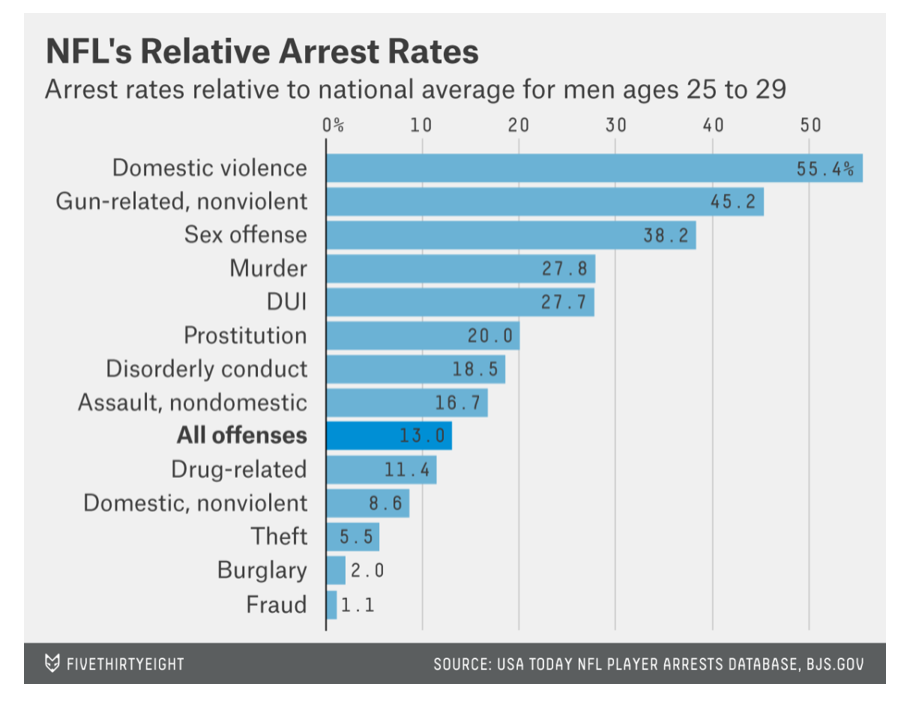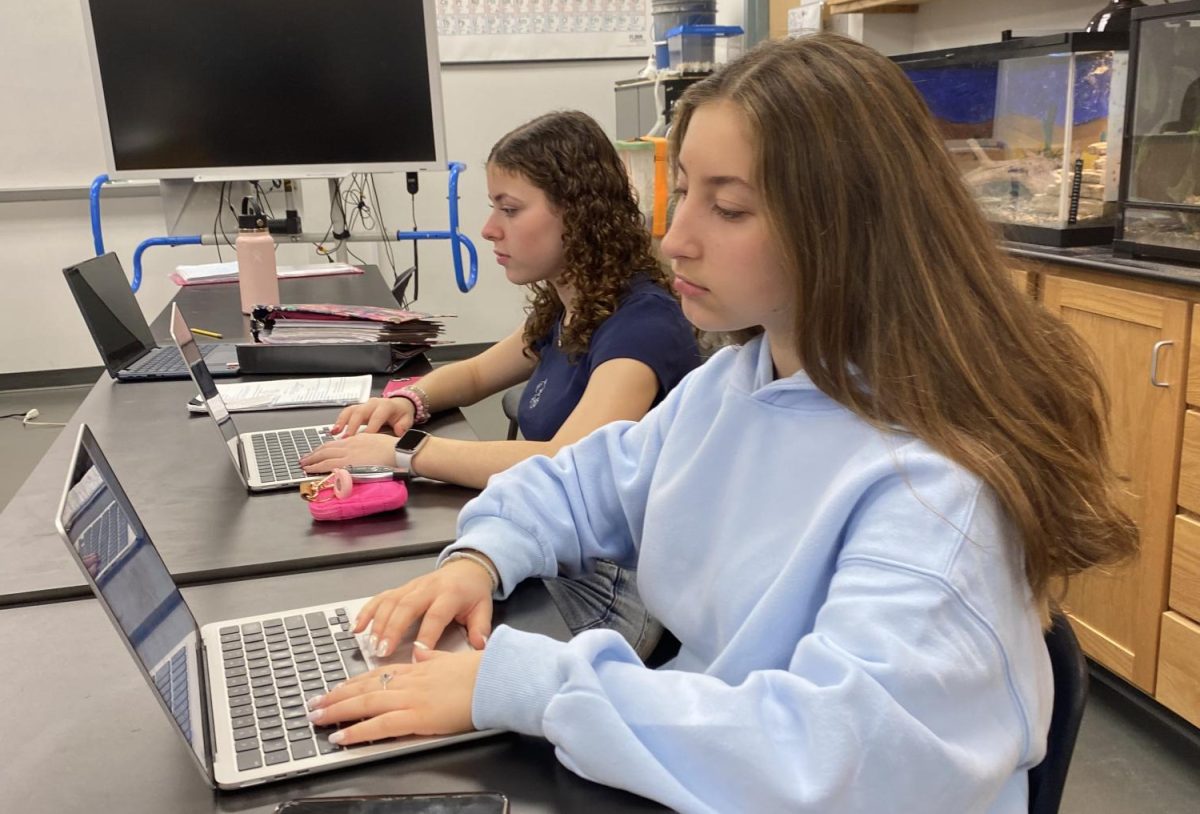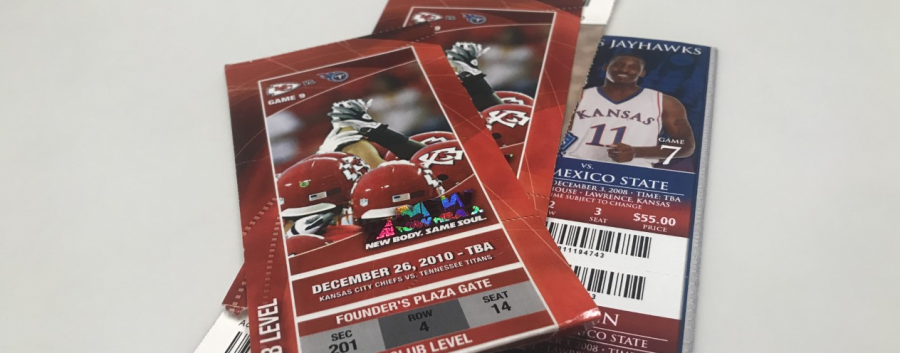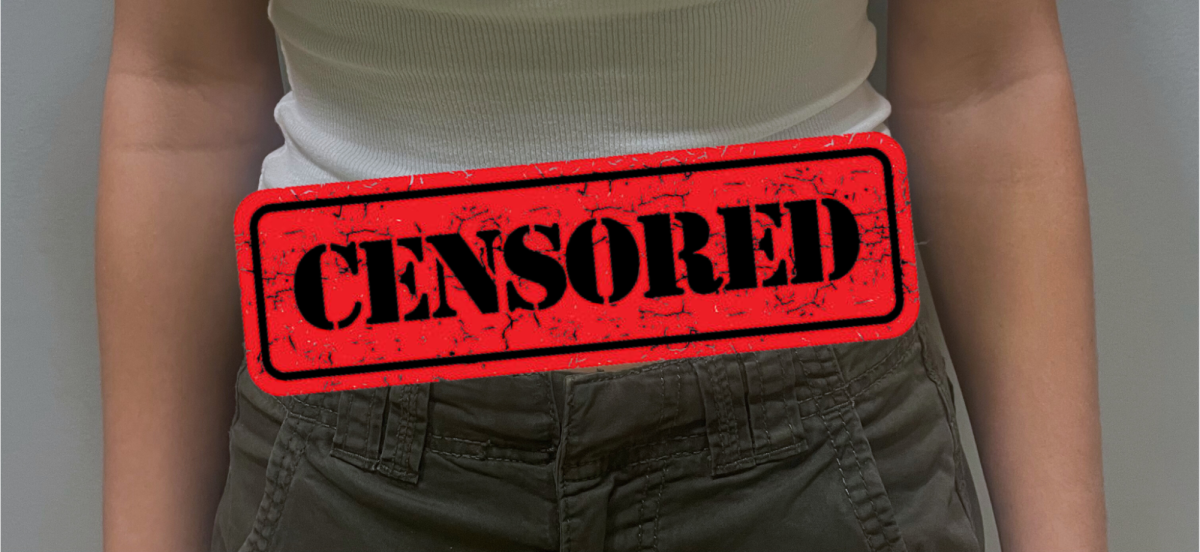Professional athletes are seen as role models by people of all ages; kids dream of an athletic career and adults idolize their stats and highlight plays. But often overshadowed and ignored because of their achievements on the court or field is the violence and crime in the league of professional athletes. Over the years, there have been an astonishing number of cases against athletes including theft, domestic abuse, rape, and murder. But how are the leagues and teams dealing with this issue, and why does it rarely resort in time off the field?
Fans of the National Football League (NFL) have probably heard the names Kareem Hunt and Tyreek Hill. Both Hunt and Hill were players on the Kansas City Chiefs football team when each had cases brought against them in the area of domestic abuse. Back in November 2018, Hunt was accused of shoving both a man and a woman and then later kicking the woman while she was on the ground. As a result of these allegations, Hunt was released by the Chiefs. Three months later, he was signed by the Cleveland Browns. In the end, Hunt was suspended for just eight games.
Hill was dismissed from the Oklahoma State football and track and field teams following an arrest on charges of domestic assault and battery. However, even though he had a violent past, Hill was drafted by the Chiefs in the fifth round of the 2016 draft. Three years later, in March 2019, the police were called to his house in relation to child abuse. The case against Hill strengthened when an 11 minute audio recording was discovered in which he discussed the abuse to his child and threatened his wife. Although it is still not known who committed the crime, he was cleared to continue playing for the Chiefs and signed a 54 million dollar extension.
Athletes throughout many sports are being accused of similar crimes: Antonio Brown, a wide receiver first playing for the Oakland Raiders and now the New England Patriots, has had cases brought against him of rape and sexual assault. His case is still ongoing, and it remains to be seen whether the NFL will step up and do the right thing when dealing with Brown.
Although the NFL is the most well known for these types of issues, they are not the only professional organization to get involved in abuse or violence. Kobe Bryant, a National Basketball Association (NBA) player for the Los Angeles Lakers, has an extensive professional resume. He is a five time NBA champion, 18 time All-Star, and will be remembered as one of the best players to enter professional basketball, yet ignored because of his incredible skill is a little known rape case. One reason this is not widely publicized is that 15 months after the victim brought the case to court, she dropped it. She was shamed by fans and the media for bringing up a case against a player as prominent as Bryant.
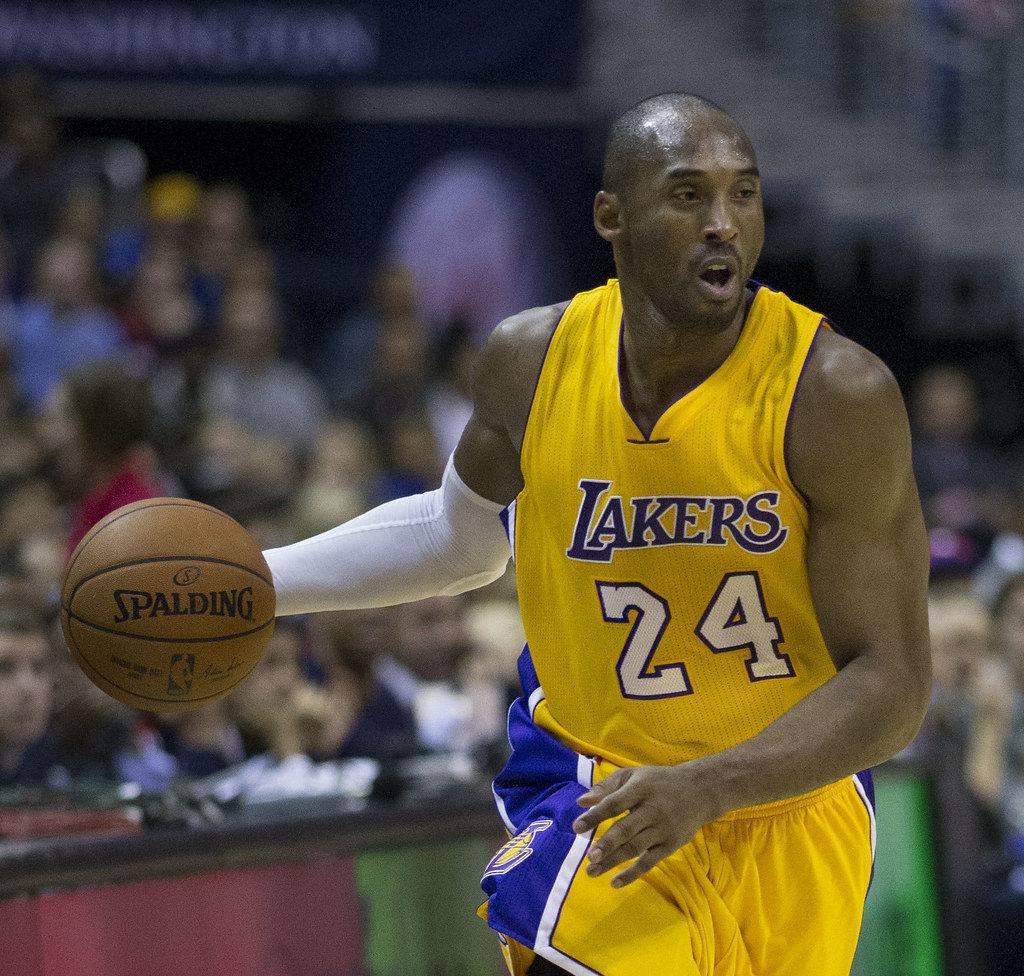
“High level athletes in both college and professional sports always seem to get specialized treatment,” says Austin Benton, the Athletic Director at Hyman Brand Hebrew Academy (HBHA). They play on a big stage and their skill is part of what draws crowds and fans to watch. If they get suspended or released by the team, “you get rid of a high profile player,” which results in the possibility of losing money, Benton adds. In the end, they get a second, third, or even fourth chance because of the way they are idolized by fans, which is the reason for increased ticket sales and TV ratings. If it was a normal person in that situation, a second chance would not be given.
These issues also “send a bad message to kids who may follow these athletes or look up to them as a role model,” Benton continues. Kids will see these athletes let off the hook and could internalize the fact that fame can fix everything: As long as you are adored by the public, you won’t be held accountable for your actions. By this reasoning, athletes should be held to the same standard as a normal person, if not higher. They are idolized and followed by people of all ages and should be an example to all of them.
Once something like this happens, it is up to the team and the organizations to deal with it. There are all sorts of rules written in fine print about what to do, but they are not always acted upon. Instead, an organization will turn a blind eye to the players’ negative qualities in exchange for their work on the field.
Becca Anderson, a prevention specialist at Metropolitan Organization to Counter Sexual Assault (MOCSA), says that “institutions [are] making the choice to prioritize their institution and/or performance of their team over survivors.” These athletes get a pass because they make money for the teams who are unwilling to put them on the bench.
If everyday people are held accountable for crimes such as domestic violence and rape, why are professional athletes any different? The community needs to “believe survivors…[and figure out] what it means to hold people accountable for harm,” even people who are publically known, Anderson believes. The leagues and teams need to bear down on their rules and show the public that these actions are unacceptable, no matter how famous you might be.
